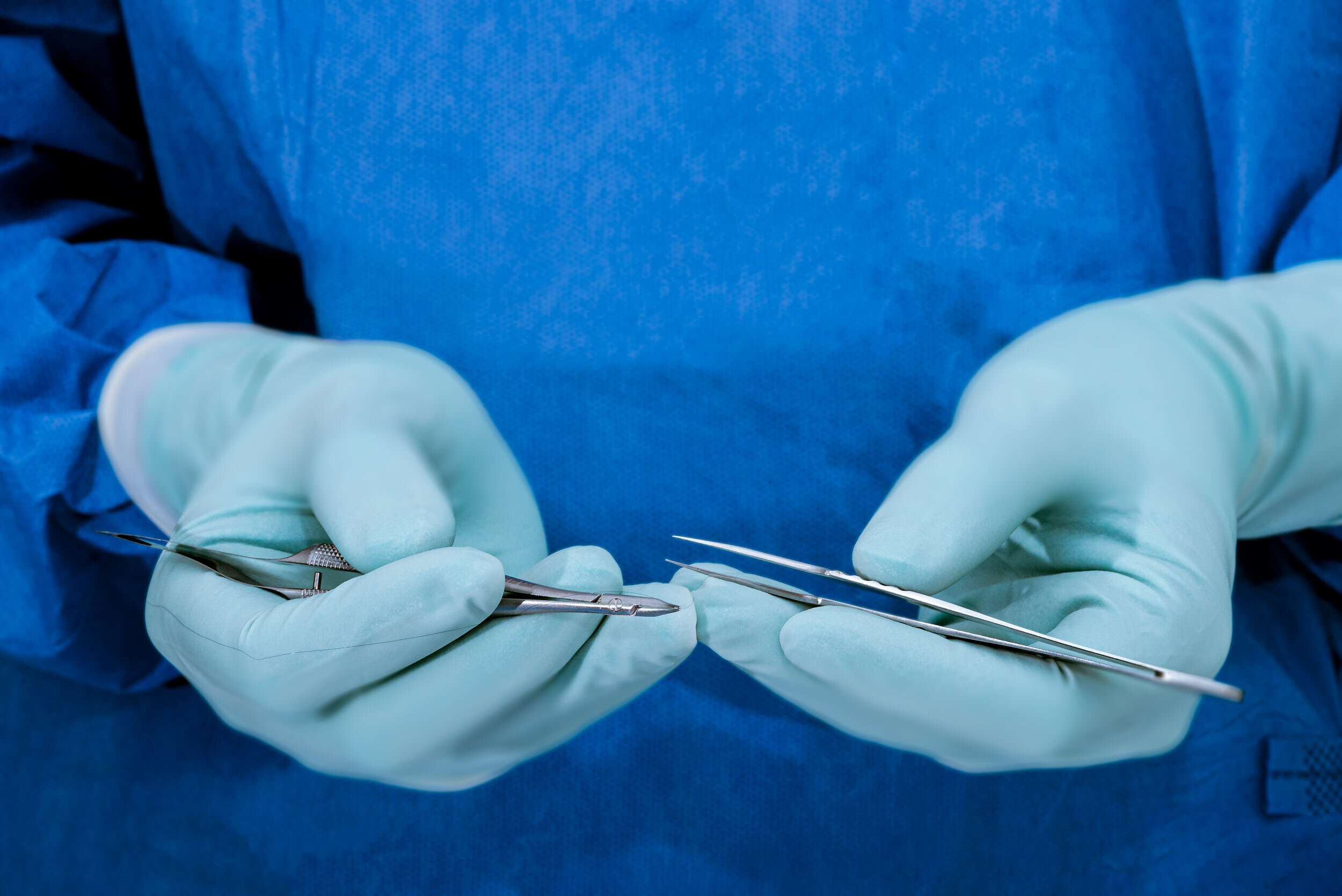
Mr Hywel Dafydd
MB BChir MA MSc FRCS(Plast)
Specialist hand surgery, peripheral nerve surgery, and reconstructive plastic surgery in Cardiff, Swansea and across South Wales
I am a fully qualified Consultant Plastic Surgeon working in the NHS and in private practice
I focus on conditions that I deal with on a regular basis – hand and wrist surgery, peripheral nerve surgery, limb reconstruction, amputation, and benign lumps and bumps of the skin.
I received specific fellowship training in these areas from world-experts in North America, Europe, South East Asia and New Zealand.
My areas of expertise
Hand and wrist surgery
Examples of common conditions of the hand and wrist that I treat regularly include carpal tunnel syndrome, Dupuytren’s contracture, trigger finger, basal thumb arthritis, ganglion, and tendon injury.
Peripheral nerve surgery
Peripheral nerves can be injured or pinched at certain points on their travels, causing a range of problems from minor pins and needles to major life-altering pain, loss of sensation, and paralysis. Specialist surgery can help in selected cases.
Limb reconstruction
The aim of limb reconstruction is to restore function after injury, cancer removal, or severe infection. Problems can arise from severe scarring, bone infection (chronic osteomyelitis), nerve or tendon damage, amputations, stiffness, and pain.
Amputation
As the designated Plastic Surgeon for the Swansea Artificial Limb Centre, I see the full range of problems that people with amputation struggle with. Surgery can help but should be the option of last resort after a careful assessment.
Skin mole removal
Most non-cancerous skin lumps and blemishes can be surgically removed under local anaesthetic if they get in the way (such as under a bra strap) or for cosmetic reasons.
What to expect during your consultation
Much of the consultation will involve me listening to the story of your problems and clarifying that I understand the details of what you describe. This usually gives me a good indication of the likely diagnosis, even before I come to examine the affected area. I also need to know about your general health, including any medication that you take.
I like to ask what you think may be the underlying cause of your symptoms, because many patients will have done their research on Google before seeing me. It is important that I check that your internet research is correct and confirm what you know and understand. I can then build on that knowledge and may be able to allay any fears about things you have read about that do not apply in your case.
It is also helpful for me to discover what personal goals you have for your recovery and whether your expectations can reasonably be met with the treatments available. Sometimes, further investigations such as x-rays, scans or electrical nerve studies are required to confirm a diagnosis. I will only request these if they contribute useful value to the diagnostic process or help with planning further treatment.
I will explain the purpose of any further tests and answer any questions you may have. My aim is to arm you with enough information that you can make your own decision about any further treatment. We can then agree on an acceptable plan together. You can take as much time as you want to make a decision – you should never feel pressured into making any choices about your care.
Any questions?
It is important to me that you feel comfortable to ask any questions about your condition or treatment plan. The more informed and ‘health literate’ you are about your condition, the easier it will be for you to choose the correct treatment for your specific needs and goals and the better your outcome from surgery will be.
Patients are often surprised to learn that surgery doesn’t have to be done – it’s your choice. Should you need further information, advice, or to discuss something in greater detail, please make an appointment to see me.

“Mr Dafydd combines his expertise with a willingness to listen and discuss the different options.”
— Katy, 51. Hand surgery patient, iWantGreatCare


